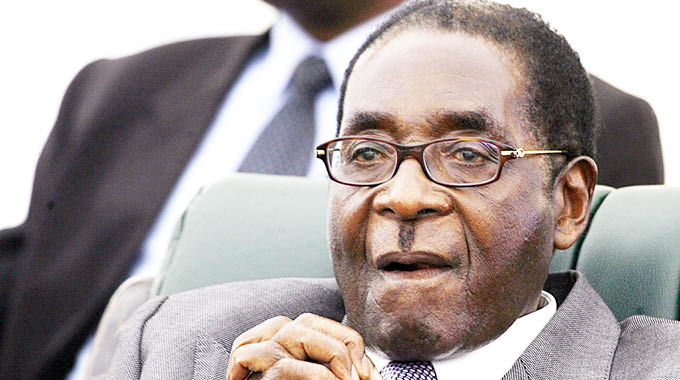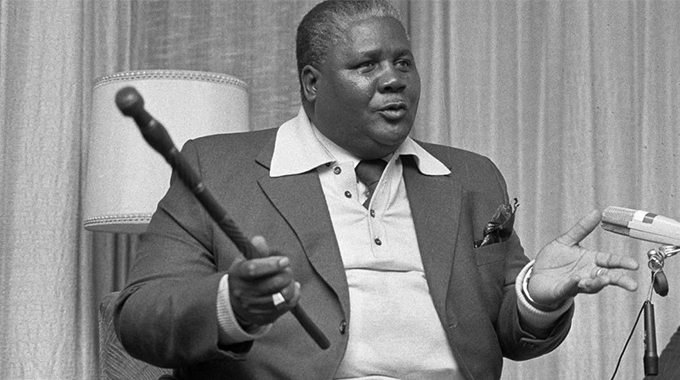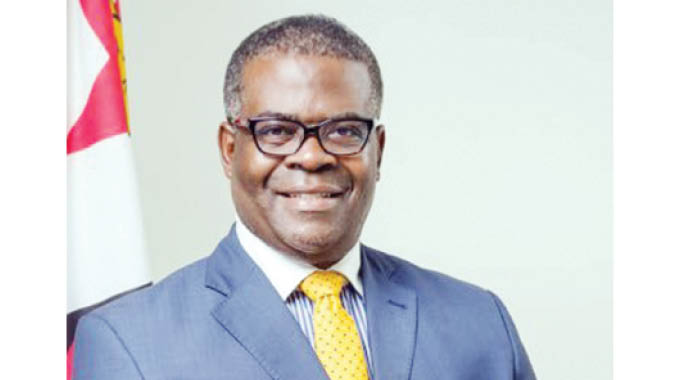Let’s stock the revolutionary fire

Chronicle Correspondent
Its embers were once so red-hot that the fire of the revolution incinerated probably the most racist and most daring foreign ruling culture which could have continued to ride on the backs of blacks in this country ad infinitum and with more damning effects.
This discourse is about the revolutionary fire which ended the Rhodesian regime of Ian Smith which rebelled against its original source, the British Crown, with a Unilateral Declaration of Independence in 1965 and might still be in power today wreaking havoc among the hearts and minds of the sons and daughters of this country but fell on April 18, 1980 its knees reduced to smithereens.
As the honeymoon days of uhuru wore on but with some of the heroes of the revolution passing on one by one, former president, Mr Robert Mugabe, saw it fit to keep the revolutionary fire burning in the hearts of people in this country.
He, a few years ago, announced that a team of historians would be assembled to write the history of the armed struggle that put paid to Smith’s illegal regime in order to immortalise the fire of the revolution so that it becomes a guiding star, as it were, for future generations.
However, today, nearly four decades on, Zimbabwe’s liberation history remains written on the lips of liberation heroes and heroines whose tenure on this earth will end along with the knowledge of the revolution, a treasure which ought to be the bequest of successive generations to enable them to chart the revolutionary path farther and farther into a brave new future for this nation.
In the absence of the written history of the revolution to serve as a mirror into which future generations look so as to be guided on the way forward, some of those who were babies or foetuses at the close of the liberation struggle and the onset of independence now trample on the lukewarm embers of the revolutionary fire while others and their ilk even threaten to defecate on what they perceive as the dying fire of the armed struggle with, in some cases, pats on their backs by the external enemy of the incumbent government to go ahead with their heinous acts, with financial backing also promised.
Unfortunately, drunk on hallucinations of power and absolute power in their hands those hungry for power and power for its own sake do not realise that the foreigners who pretend to support them are driven by their own hidden agenda.
Which is that these people will come to this country wearing Good-Samaritan masks but shred these once ensconced in warm new places of honour given to them by those they purported to support and whom the foreigners will turn into their own political selves, virtually recolonising Zimbabwe in post-modernity.
Luckily, however, we still have icons with the original revolutionary fire burning in their hearts, and President Emmerson Mnangagwa, leader of the new dispensation, is among those sons and daughters of the armed revolution in whom the fire for freedom and self-determination still burns within them so that one can say with equanimity all is not yet lost revolution-wise.
It is the wish and hope of this communicologist and no doubt the wishes and hopes of other die-hard Zimbabwean patriots that Vision 2030 that ED is vigorously driving will see on the shelves of bookstores and everywhere else copies of the liberation history of the motherland to revive those hearts that have grown faint in the wake of political infants in the real sense of liberation politics appearing to come into the fore with a bang and with some of them no doubt perceiving political power as a scarce wealth in a country where poverty is common, leading to corruption on which the government is cracking a loud whip, as it were.
A history showing how our people suffered at the hands of foreigners cannot fail to embolden present and future generations of Zimbabweans to ensure that the past should never ever be allowed to re-visit them.
This means that out of that liberation history will be born true guardians of freedom and proper governance by the sons and daughters of our motherland.
Or are Zimbabwean historians so inferior to their counterparts in other countries who have produced histories of the paths along which their predecessors walked to avoid falling into similar pitfalls while embracing civilised standards of living?
As things stand right now, it certainly amounts to a tragic irony that a people boasting a literacy rating of over 90 percent on the African continent trudges on with apparent bliss while incapable of telling the world how it destroyed the yoke of colonisation and imperialism to be itself once more.
To sum it all up and in fervent hopes by this scribe that this discourse will inspire the fear of the law and of God in inverted hearts and minds of potential students of the turncoats, any political sell-outs or the corrupt — with quelea birds a fitting alias for the latter — exposed in our society must be subjected to dizzying reformative and rehabilitative measures so that this nation marches on insulated against any and every form of recolonisation or diversion from its revolutionary pathway.








Comments